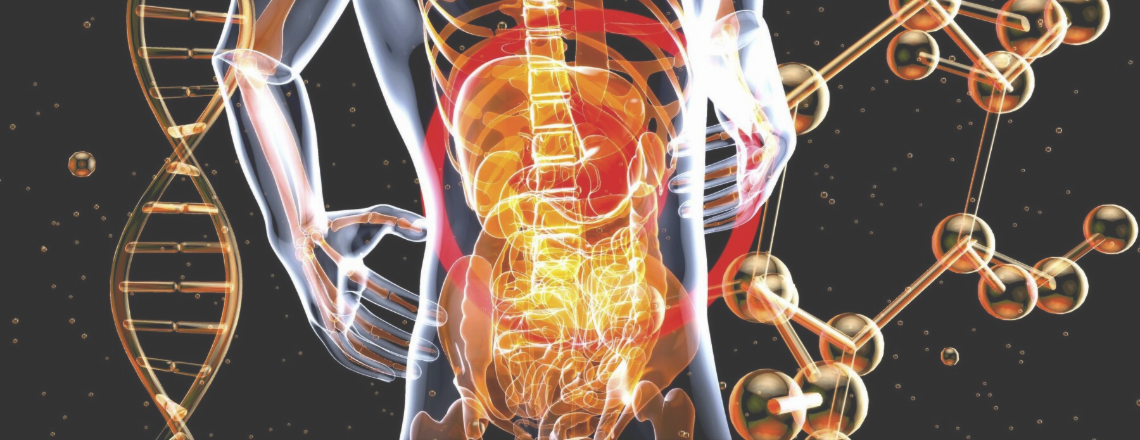Metabolomics Assay
Published Jan. 20, 2024
By Hopkins Medtech
What is Metabolomics?
Metabolomics is the comprehensive study of small molecules called metabolites within cells, tissues, biofluids, or organisms. Metabolites are the end products of cellular processes, reflecting the dynamic interactions of an organism’s genes, proteins, and environmental factors. Metabolomics assays are analytical techniques used to identify, quantify, and characterize these metabolites in biological samples.
Metabolomics Workflow
Sample Collection and Preparation:
Samples can include blood, urine, tissues, or other biological fluids. Sample preparation involves extraction and processing to isolate metabolites for analysis.
Analytical Techniques:
a. Mass Spectrometry (MS):
Identifies and quantifies metabolites based on their mass-to-charge ratio. Various types include:
Liquid Chromatography-Mass Spectrometry (LC-MS): Separates metabolites in a liquid phase before MS analysis.
Gas Chromatography-Mass Spectrometry (GC-MS): Separates volatile metabolites in a gas phase before MS analysis.
b. Nuclear Magnetic Resonance (NMR) Spectroscopy:
Analyzes metabolites based on their nuclear magnetic properties, providing information about molecular structures.
c. Other Techniques:
Such as capillary electrophoresis (CE) coupled with MS or NMR.
Data Analysis:
Data Processing: Raw data from analytical instruments undergo preprocessing steps to remove noise, normalize, and align peaks.
Statistical Analysis: Multivariate statistical methods, such as principal component analysis (PCA) or partial least squares-discriminant analysis (PLS-DA), help identify patterns and differences in metabolite profiles.
Metabolite Identification: Comparing peaks to databases and libraries for metabolite identification.
Interpretation and Application:
Biomarker Discovery: Identifies potential biomarkers associated with diseases, drug responses, or environmental exposures.
Pathway Analysis: Maps metabolites to biochemical pathways, revealing insights into biological processes.
Systems Biology: Integrates metabolomic data with other omics data (genomics, proteomics) to understand complex biological systems comprehensively.
What are the applications of Metabolomics?
Disease Research: Study of metabolic alterations in diseases like cancer, diabetes, cardiovascular diseases, and neurological disorders.
Pharmacology and Drug Development: Assessing drug efficacy, toxicity, and understanding drug metabolism.
Nutrition and Environmental Studies: Investigating the effects of diet, lifestyle, and environmental factors on metabolism.
Precision Medicine: Personalizing healthcare based on individual metabolic profiles.
